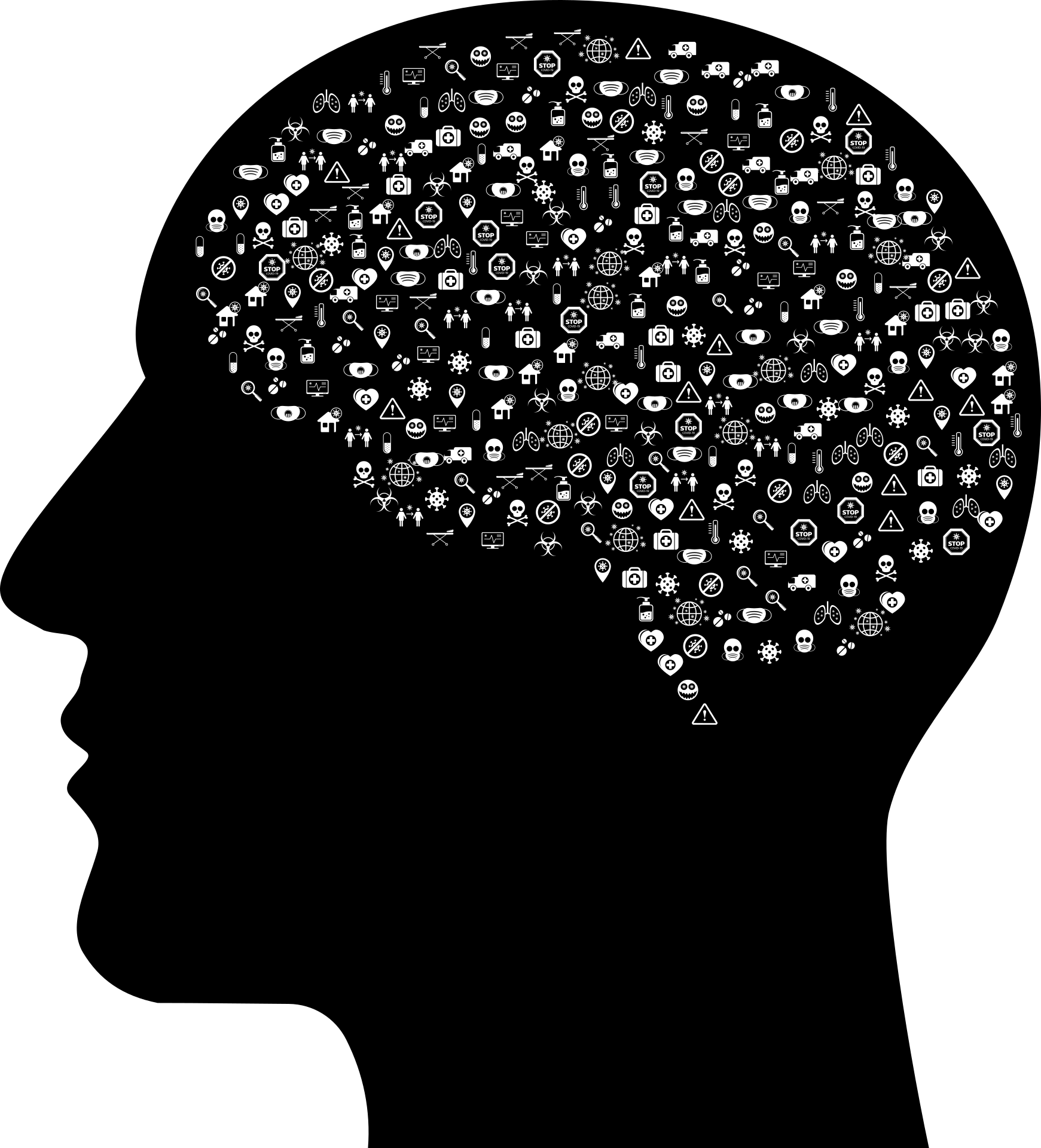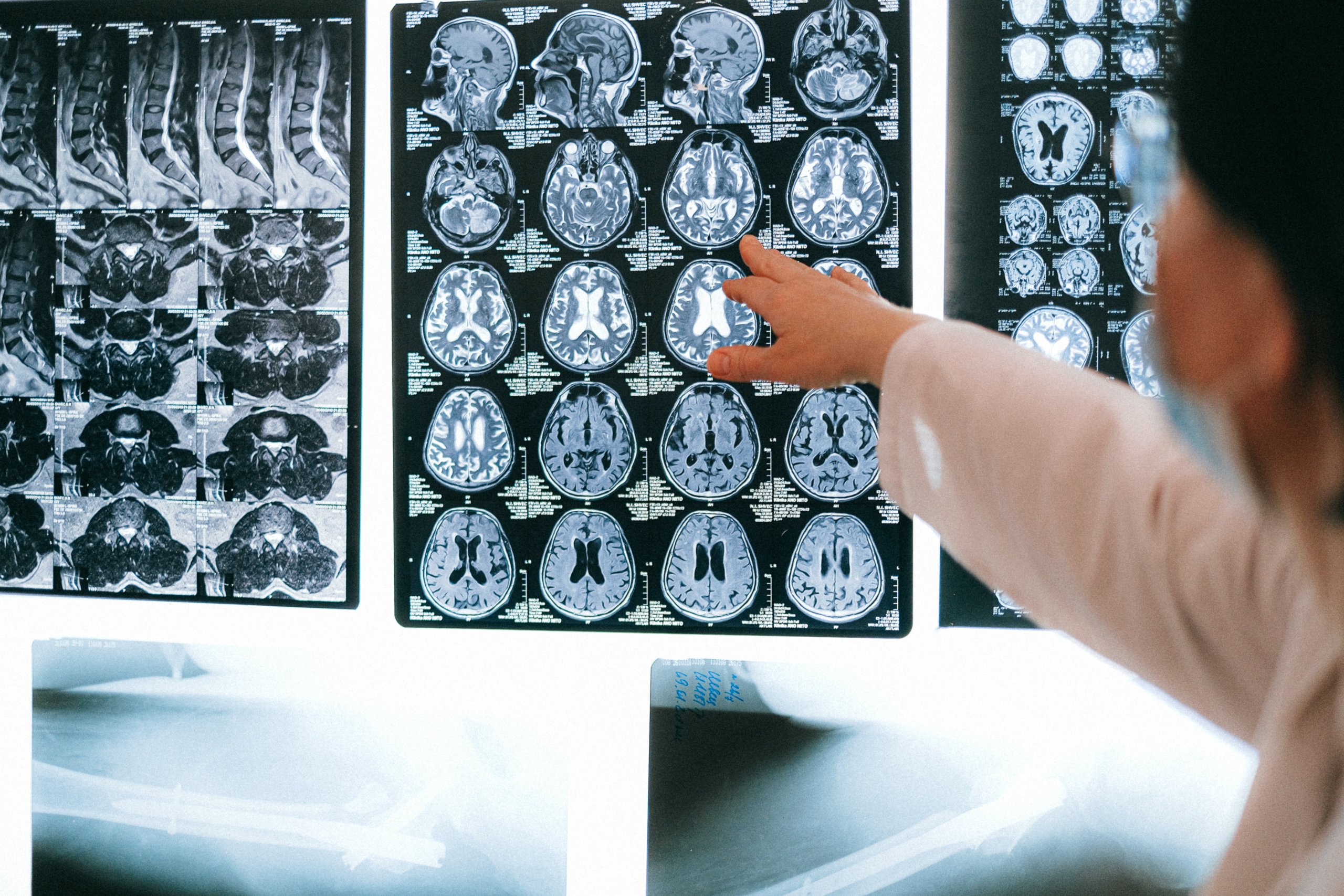
In 2018, Partners HealthCare, a Boston-based non-profit hospital and network of health providers, identified numerous artificial intelligence (AI) technologies bound to disrupt patient care during the next decade. But because of the rapid advancements of the last twelve months, the organization decided to focus this year’s list on AI innovations that will impact healthcare by 2020!
In a previous post, we covered some of our favorite AI applications that made the cut. But the list is filled with many other entries worth discussing. So without further ado, here are 5 more ways AI is revolutionizing healthcare in the next year.
Opening Up Access to Mental Healthcare
Almost twenty percent of US patients deal with a mental disorder. This ends up costing the United States a total of $193.2 billion per year. Still, treatment remains not only difficult to access but costly to utilize regularly. But with arising issues like the current opioid abuse crisis, new approaches that connect patients with services better is more needed than ever before.
David Ahern, PhD, is a Psychologist at Brigham & Women’s Hospital and Assistant Professor of Psychology at Harvard Medical School. He thinks AI-driven therapy programs and applications could be the solution we’re looking for. “The promise and potential for digital behavioral solutions and apps is enormous to address the gaps in mental healthcare in the US and across the world,” Ahern explains.
Smartphone-based therapy is already demonstrating immense promise for treating a myriad of conditions like substance abuse, depression, and eating disorders. With AI, these therapy sessions could be improved in a variety of ways.
Of course, all stakeholders involved should be wary of leveraging commercially available applications that aren’t rigorously tested and validated. Thankfully, more researchers working on these AI-based tools are turning to randomized clinical trials to verify the results of their solutions.
Self-Harm Prevention Through Prediction
In 2016, suicide claimed the lives of 45,000 US citizens. It’s the tenth leading cause of death in America, and rates are on the rise due to a number of mental health and socioeconomic factors. Unfortunately, identifying patients at high risk of self-harm is still very much an inexact science.
With the acceleration of AI development came vast improvements to natural language processing. This enhanced ability to process and analyze massive amounts of natural language data could help providers reliably identify high-risk patients. Compared to humans, AI can comb through various sources of language such as social media posts, electronic health record notes, and other documents to flag any instances highly associated with risk of self-harm.
And like our example above, researchers also hope to develop AI applications that can provide support in the form of therapy to these individuals. Connecting patients with the resources they need during troubling times could end up saving thousands of lives each year.
Identifying Individuals at Risk of Domestic Violence
Domestic violence is an issue that plagues households across the United States. But putting a number on just how many can be difficult since underreporting is rampant when it comes to this problem. Fortunately, there could be another way for health providers to identify those at risk of domestic violence.
AI can help identify worrisome injury patterns or discrepancies between patient-reported histories and the maladies that are present on x-rays. By connecting these dots, AI could notify providers when an exploratory conversation is warranted.

Bharti Khuranam, MD, is an emergency radiologist at Brigham & Women’s Hospital. And he sees great possibilities for AI’s application in this avenue: “As a radiologist, I’m very excited because this will enable me to provide even more value to the patient instead of simply evaluating their injuries. It’s a powerful tool for clinicians and social workers that will allow them to approach patients with confidence and with less worry about offending the patient or the spouse.”
Improving Acute Stroke Care
When someone experiences a stroke, every second counts. Unfortunately, many areas across the world, like rural regions of the United States, do not always have the right expertise on hand to deal with this issue. And if access to a specialist in stroke care takes hours, the likelihood of long-term disability or death is dramatically increased.
AI can help close this gap by identifying the type, severity, and location of the stroke. MedTech developers are currently working on AI tools that automate stroke detection and help in the subsequent decision-making to ensure that each stroke patients gets the appropriate treatment they need.

For rural areas and developing countries, such a tool can fill the absence of an on-site specialist and make sure each patient has the best possible chance of recovery.
Automating Malaria Detection
For roughly half of the world’s population, malaria is a daily threat. In 2017 alone, almost half a million people died from this mosquito-borne disease. And the majority of the victims were children younger than 5.
With access to the right data, deep learning tools could automate the arduous task of quantifying malaria parasites present in blood samples. For providers working without pathologist partners, this process can be extremely challenging.
Fortunately, one AI tool has already managed to achieve a 90 percent accuracy and specificity rate. that’s on par with pathology experts. And that’s not even the best part — it can function off of a smartphone connected to a camera on a microscope. That’s it. No other lab equipment needed. This will greatly expand access to expert-level malaria diagnosis and monitoring.
Smarter AI = Smarter Healthcare
To wrap things up, we’d like to mention again that the technologies we’ve just discussed should be much more widely available by 2020. This is incredible when you consider that Partners HealthCare originally envisioned many of these applications taking ten years to become viable.
Out of the options on this list, which AI technology do you think will have the biggest impact on global health? Let us know in the comments!





